I've recently tried using sphinx-apidoc from Sphinx to help generate Sphinx specific reStructuredText from the API of a Python project.
However, the result I'm getting is:

Anyone know if I can customize the template sphinx-api uses for its output? Specifically, I'd like to:
- Get rid of all the "Submodules", "Subpackages" and "Module contents" headings, and
- Have the results from docstring in my
__init__.pyfiles appear directly under the packages, so that if I click a package name, the first thing I see is the package documentation. At the moment, this documentation is placed under the slightly weird "Module contents" heading at the very end of each package section.
The "Submodules" and "Subpackages" headings are redundant I think, since the normal headings for packages/modules is "xxx.yyy package" and "xxx.yyy.zzz module".
The structure I would like for the above small example is
- orexplore.components package
- orexplore.components.mbg120 module
- orexplore.simulators package
- orexplore.simulators.test package
- orexplore.simulators.test.mbg120 module
- orexplore.simulators.mbg120 module
- orexplore.simulators.test package
Where clicking the packages, the first thing I'd see on the page would be the package documentation.
Or maybe even just
- orexplore.components
- orexplore.components.mbg120
- orexplore.simulators
- orexplore.simulators.test
- orexplore.simulators.test.mbg120
- orexplore.simulators.test
- orexplore.simulators.mbg120
if there was some way to visually distinguish packages/modules (color? emblem?) instead of the quite wordy " package" and " module".